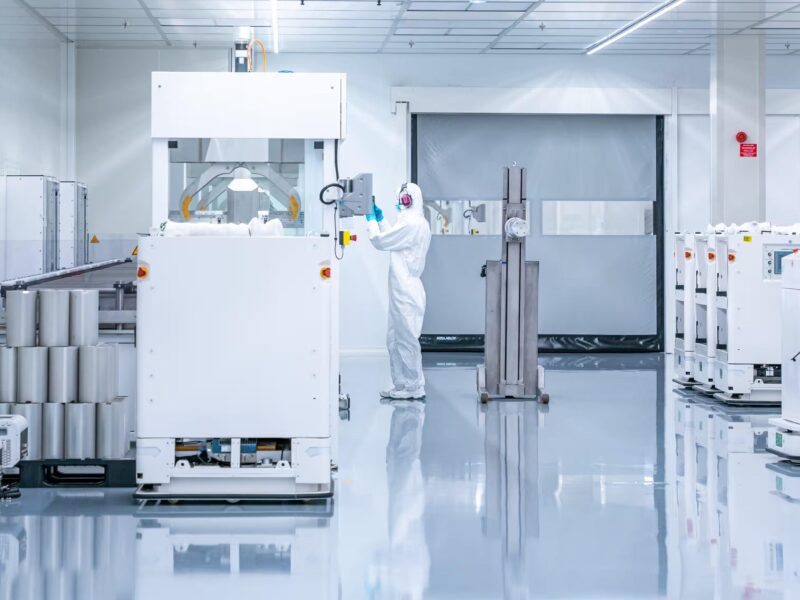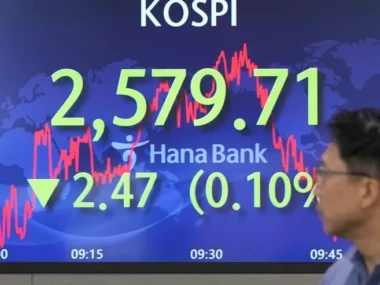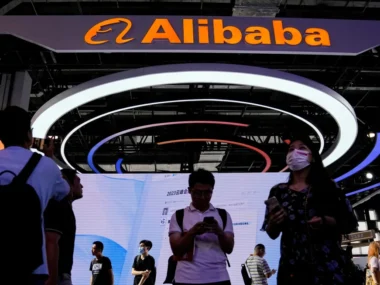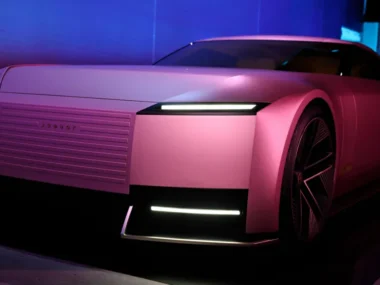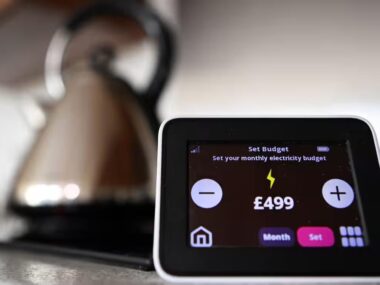The goal of the assistance is to keep industry from being driven offshore with the promise of larger foreign subsidies.
The EU has announced €4 billion (£3.4 billion) in state assistance investments in new factories producing electric batteries for automobiles, heat pumps, and solar panels as it strives to speed green technology production and use while combating cheap Chinese imports.
Northvolt, a Swedish battery manufacturer, will receive €902 million in state aid to develop a new facility in Heide, Germany, while a wide range of clean tech firms in France would receive a €2.5 billion boost in public funding.
The investments are part of the EU’s objective to achieve climate neutrality with net zero greenhouse gas emissions by 2050, but they are also intended to help insulate the bloc from increased competition from Chinese vehicle, solar panel, and other green tech firms.
It comes on the heels of the approval of similar plans in Austria, Belgium, Germany, Hungary, Italy, Slovakia, and Spain, totaling €9.1 billion, with several more in the works.
“Net zero equipment production in Europe is of strategic interest to the European economy and society.” It is critical to achieve our goals of clean mobility, sustainability, and competitiveness,” said Margrethe Vestager, who returned to the commission as executive vice-president in charge of competition policy following a failed attempt to lead the European Investment Bank.
The EU stated that the funds allocated to Northvolt’s gigafactory would let it to “produce battery cells in Europe rather than the United States.”
It is the first state aid granted under a specific plan aimed at preventing production facilities from being enticed away with increased foreign subsidies.
Already, Europe is suffering the effects of China’s lead start in developing lower-cost electric vehicles.
Last month, European leaders agreed to a three-year postponement of a 10% duty on EU electric cars shipped to the UK and British electric cars exported to the EU, fearing that the higher consumer cost would give Chinese competitors an additional advantage.
Build Your Dream (BYD), a Chinese corporation that released lower-cost electric cars in the EU last summer, just became the world’s leading manufacturer of hybrid and battery-only vehicles.
BYD announced plans to build its first European automobile manufacturing in Hungary in November.
Last year, the Chinese power battery business Eve Energy began work on its gigafactory in Hungary, and another player, Sunwoda, announced plans to invest there as well.
Vestager called the investment in Germany “an important step toward electrifying transport in Europe while maintaining a level playing field in the single market.”
According to the EU, the nearly €3 billion in state aid allocated for France would boost the manufacture of batteries, solar panels, wind turbines, and heat pumps, as well as crucial component and critical raw material supply chains.
Last year, Ursula von der Leyen, President of the European Commission, announced an investigation into suspected Chinese state subsidies to the car industry, threatening a trade war.
However, during a visit to Beijing at the end of the year, she attempted to persuade Chinese officials that the European market would close if it was discovered to be unjustly competing with domestic enterprises.

